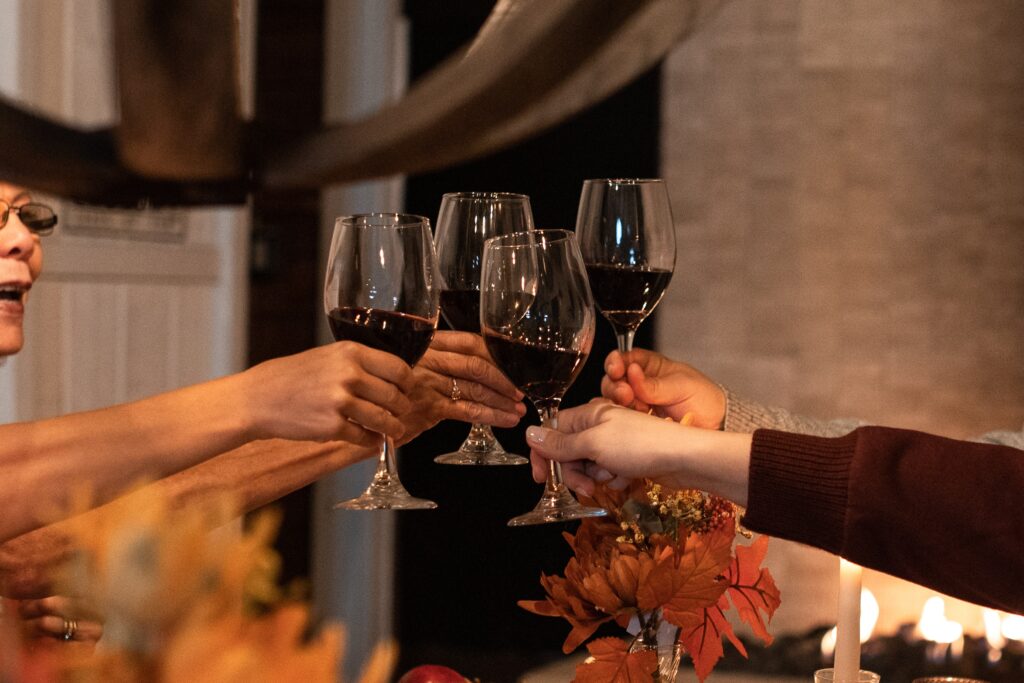
As Shakespeare wrote: “There are more things in heaven and earth, Horatio, than are dreamt of in your philosophy.” What is dreamt of in your philosophy? What is your paradigm? This was the topic of a Glass of Wine Conversation a few years ago and it’s worth a second look. We all have a world view or paradigm through which we understand reality. When it comes to healthcare practitioners, our paradigm is often the lens through which we determine the underlying causes of whatever may be troubling our clients, the best approach for helping them and the way we interpret their reactions and responses.
Paradigm is often unconscious.
This Glass of Wine conversation is an invitation to make your paradigm more conscious; to introduce the possibility that the lens through which you see yourself and your clients is a worldview rather than the only way things can be.
Sometimes we notice our paradigm when hearing an interpretation of an event that we didn’t consider or don’t agree with. I remember hearing a colleague talking about giving a Zero Balancing session in which she was having trouble finding the client’s donkey. Her interpretation was that the client was hiding and not allowing herself to be found. It was the client’s responsibility to come out of hiding. This made an impression on me because my interpretation in similar situations was entirely different. My conclusion was that it was my job to create a safe environment so the client’s donkey would want to come out. I became acutely aware of the differences in our paradigms. In her paradigm, people receiving ZB could prevent the practitioner from helping them, so the responsibility for improvement belonged to the client. In my paradigm, if something isn’t working I haven’t figured out the best way to ZB them yet. The responsibility for improvement belongs to the practitioner. While it’s tempting to just decide that I’m right and she was wrong, it’s more interesting to entertain the possibility we both may be right sometimes…or wrong sometimes!
I am often keenly aware of paradigm differences when a client comes in with a specific interpretation of their experience. An example is a client who believes they can’t be healthy if their pelvis is rotated. Or a client who believes that the right side of the body is about giving and the left about receiving. Or one side of the body is masculine and the other feminine. If you find yourself saying, “yes, that’s true” or “no, that’s not true” you are expressing your own paradigm.
A paradigm challenge can be very unsettling. For example, I once gave a ZB session to a friend who had been studying Reiki. She believed the energy had to leave the body through the hands and feet during the session. She was adamant and would not allow any work on her feet because she thought it would keep the energy from leaving. Coming from the ZB paradigm, I was concerned she would become depleted if her energy streamed out during the session. And skipping the fulcrums on the feet seemed unthinkable! At the time, I was not conscious I had a paradigm and likely neither was she. We were each coming from different realities. Our paradigms were colliding. It made it very difficult to work with her. And on her side, she didn’t really like how the ZB made her feel. How much of that was due to differences in paradigm? That’s a Glass of Wine Conversation question in and of itself!
So what’s your paradigm?
What is health? What is healing?
What causes illness, pain or discomfort?
Do you see the sides of the body as being associated with something in particular?
What’s your interpretation when your client isn’t improving?
Have you ever wondered whether aspects of what you believe are true? How does that affect you?
I hope these questions serve to increase your awareness of your paradigm.
Thanks for reading!
